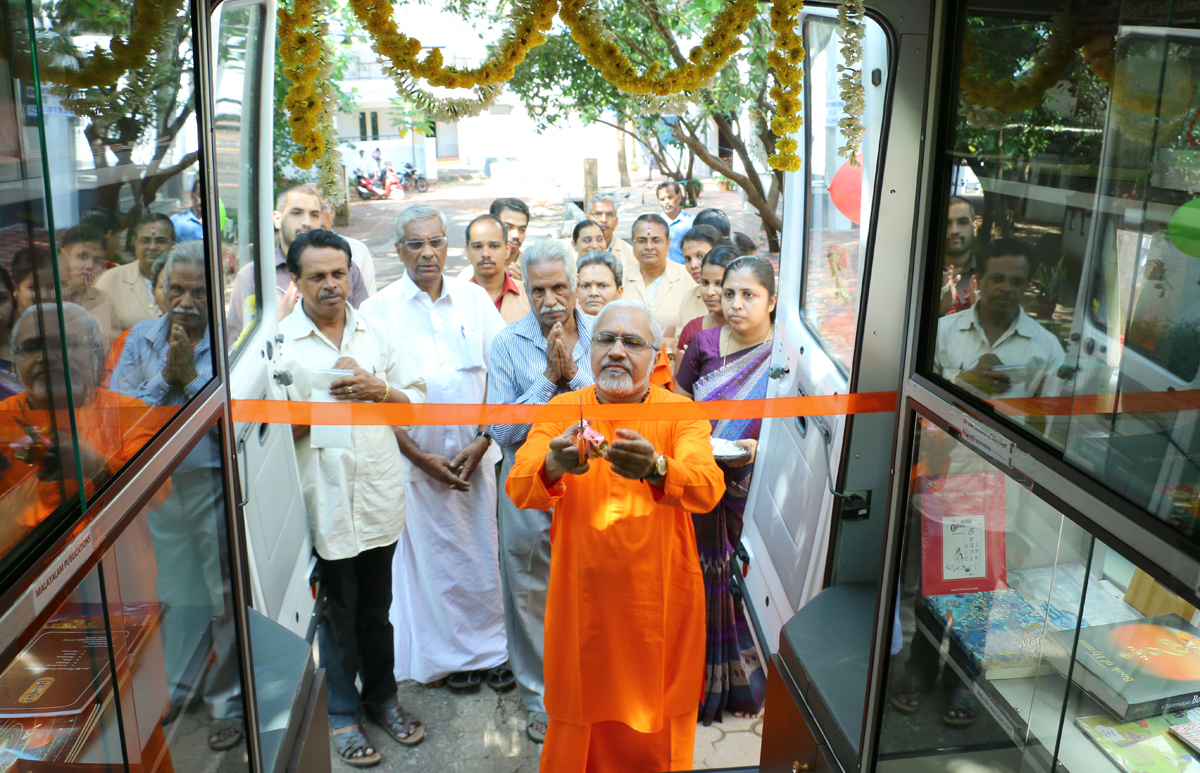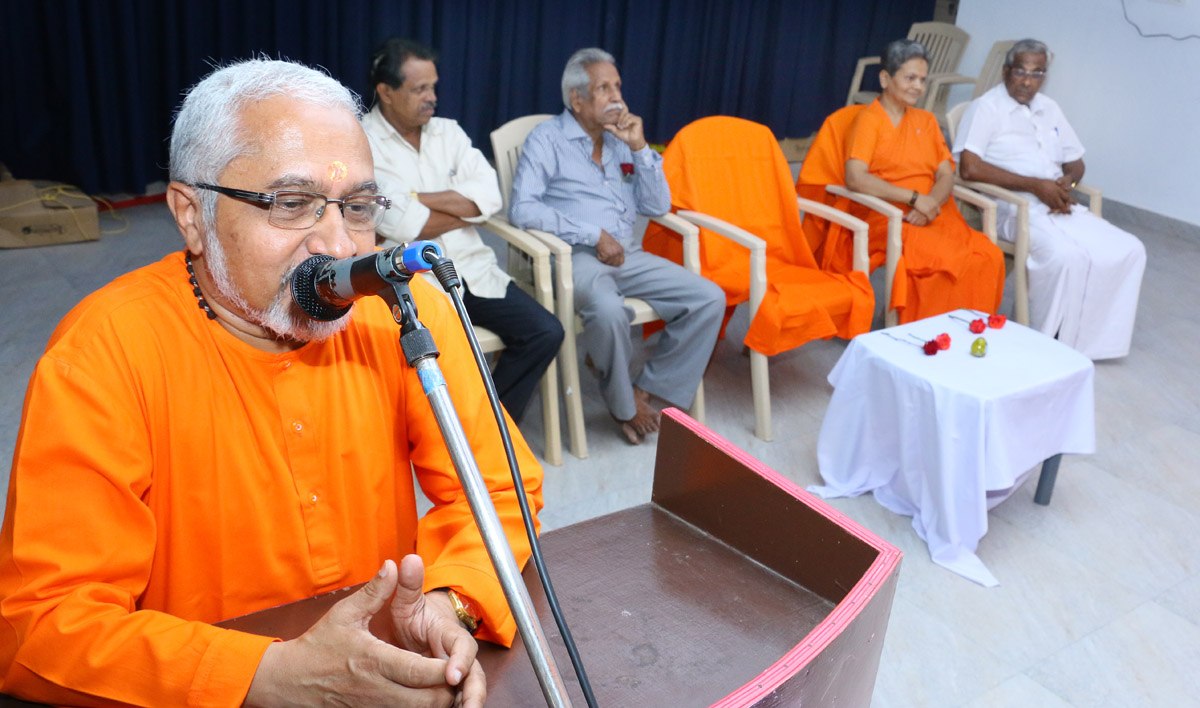Why does man compromise with his ideals, engage in actions which are below the dignity of a human being or perform deeds that have a negative impact on his mind, thereby creating more sorrow for himself? Why does it happen?
In the Bhagavad Gita, Arjuna asks Sri Krishna, ‘Why does man commit sin even though he does not want to (anichchena)? In spite of himself, he does so. What is that force, factor, or entity that pushes him, forcibly as it were, into wrong doing?
Bhagavan responds with a direct answer. ‘kaam eshe’. It is kaam – desire, lust, passion. It is irresistible, uncontrolled and uncontrollable desire. Desire is the cause and it is desire, itself, that takes the form of anger or rage, if it is obstructed.
Nature of Desire
The nature of desire is such that the moment it arises, it immediately causes agitation and restlessness. We may be busy reading, writing or listening to something and suddenly a thought comes, ‘I think I need a coffee break now’. Immediately, the mind is disturbed, agitated, and restless. If the desire for coffee is obstructed, and there is someone preventing its fulfilment, the desire turns into anger.
How does desire arise? It rises from rajoguna. The quality of rajoguna is agitation. The mind becomes more and more restless.
Anger
What is the difference between desire and anger? Desire is mahashanah and krodh is mahapapma. Ashan means eating, hunger. Desires are insatiable and never fulfilled. We go on buying, collecting and hoarding objects, but we never say, ‘Enough’. The Shastras give the beautiful example of fire. They point out that trying to fulfil desires is similar to adding fuel, in the form of firewood, oil or ghee, to put out a fire. Actually, the more you add, the more it grows. Desire is indeed a peculiar thing: you fulfil one thinking that it is the very last time and you will end it once and for all. But, immediately, it again comes up. And it also gives rise to new desires. Mahashanah this hunger is insatiable.
Krodh is mahapapammah – Anger is a great sinner. Anger can make you do wrong things and commit sin – loot, plunder and even kill.
Now somebody may ask, “I understand that if my desire is obstructed, it will turn into anger. But suppose it is fulfilled. Will I not get peace? If my desire is fulfilled then there will be peace.”
I suggest you try it and see for yourself!
Greed
The nature of desire is such that once it is fulfilled, it becomes greed. I just want a little more…then a little more…and then a little more….It never stops. This craving continues throughout one’s life.
Take the example of a child wanting something. If you try to put it off, you will be faced with a massive tantrum. For the child, there is no tomorrow or evening or later on, the desired object is wanted ‘right now!’ You try to be smart, ‘Alright, I will give it to you, but do you promise, you will not ask for anything else? Absolutely Promise?’ And every parent knows how innocently and promptly the child will promise to never ask for anything again! How long does it last?
Desires can be compared to a box of paper tissues. Like tissues, another pops up as soon as one is pulled; as soon as you satisfy one desire, the second is waiting for you. Desires have a good understanding among themselves – it is only when the first goes that the second one surfaces. Fulfil it and behold the third is waiting for you!
This just goes on and on. The root of all sins is this greed.
The Author is the Head of Chinmaya Mission Worldwide.








